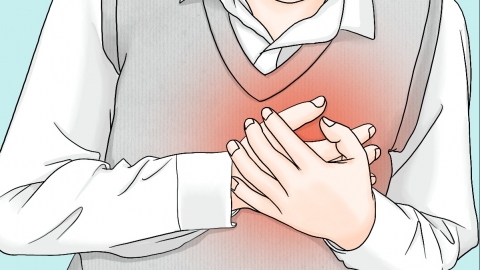How dangerous is drinking water for heatstroke?
The risks of drinking water for patients with heat stroke are generally reflected in causing airway obstruction, worsening heart damage, leading to electrolyte disturbances, inducing water intoxication, and exacerbating gastrointestinal discomfort. A detailed analysis is as follows:

1. Causing airway obstruction: Heat stroke patients often have impaired consciousness and weakened swallowing reflexes. Fluids can easily enter the trachea during drinking, causing coughing, choking, or even complete airway obstruction in severe cases, which can be life-threatening.
2. Worsening heart damage: Cardiac function is already compromised under conditions of high fever. Drinking water increases blood volume rapidly, further burdening the heart and potentially inducing heart failure or arrhythmias, thus exacerbating cardiac injury.
3. Leading to electrolyte disturbances: Patients lose significant amounts of electrolytes such as sodium and potassium through heavy sweating. Simply drinking water dilutes the remaining electrolytes in the body, disrupting osmotic pressure balance and causing symptoms like muscle cramps and weakness, thereby worsening systemic disturbances.
4. Inducing water intoxication: Heat stroke may impair kidney excretion function. Excessive water intake can lead to water retention and inability to excrete water timely, causing water intoxication. This may result in severe conditions such as cerebral edema and increased intracranial pressure, increasing treatment difficulty.
5. Exacerbating gastrointestinal discomfort: Heat stroke may cause congestion and edema of the gastrointestinal mucosa. Drinking water can irritate the gastrointestinal tract, triggering symptoms like vomiting and abdominal pain, which not only affect nutrient absorption but may also lead to further fluid loss due to vomiting.
When facing a heat stroke patient, it is essential to fully understand the risks associated with drinking water and avoid blindly giving fluids. Immediate cooling measures should be taken, the patient's airway should be kept clear, and prompt medical assistance should be sought.






